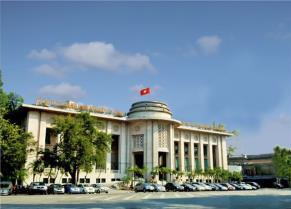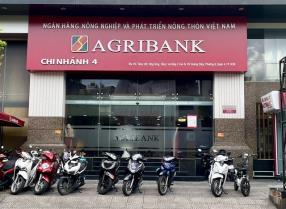The State Bank of Vietnam (SBV) has proposed that all electronic money transfers of US$1,000 or more at the shaping International Financial Centre (IFC) must be reported.

HÀ NỘI — The State Bank of Vietnam (SBV) has proposed that all electronic money transfers of US$1,000 or more at the shaping International Financial Centre (IFC) must be reported.
This measure is part of the SBV's draft decree, which is seeking feedback, outlining regulations on lincensing establishment and operations of banks, managing foreign exchange and preventing money laundering, terrorist financing and financing proliferation of weapons of mass destruction within the IFC.
The draft decree aims to implement Resolution No. 222/2025/QH15 of the National Assembly on establishing the IFC. It seeks to provide a dedicated legal framework with preferential policies in foreign exchange, banking, and anti-money laundering to attract international capital while preserving Việt Nam’s financial stability.
In its proposal, the SBV emphasised that the IFC’s core function is to ease currency convertibility and facilitate cross-border capital flows. A flexible regulatory approach is therefore necessary to promote openness within the IFC while containing risks from affecting the broader domestic economy.
Regarding capital flow regulations, the draft decree allows capital flows from the IFC to the rest of Việt Nam, within the IFC, and between the IFC and the world. However, capital flows from the rest of Việt Nam into the IFC will be prohibited. The bank also raised concerns over money laundering risks due to anticipated high capital mobility and the involvement of global financial institutions beyond banking.
As a safeguard, the draft decree stipulates that all electronic transfers starting at the US$1,000 threshold must be reported to enhance transparency and align with international anti-money laundering standards.
The decree further clarifies the scope of permitted financial activities. Banking operations within the IFC will be restricted to traditional banking and will exclude securities and insurance services. This separation ensures regulatory clarity for service providers operating in the centre.
All commercial banks and foreign bank branches within the IFC will also be subject to prudential requirements, including minimum capital adequacy, liquidity, and payment capacity ratios. These requirements will follow existing legal frameworks while being tailored to the unique operational context of the IFC, according to the draft document. — VNS





